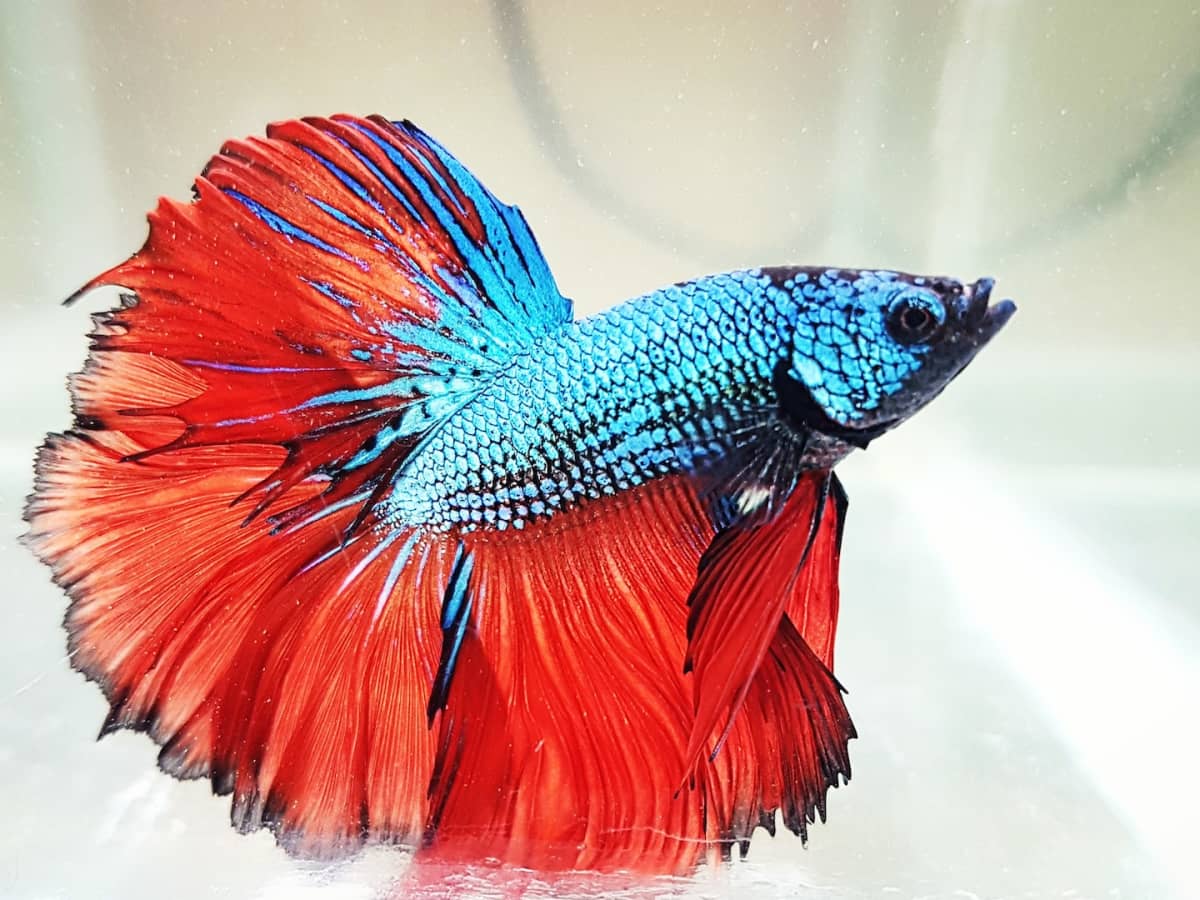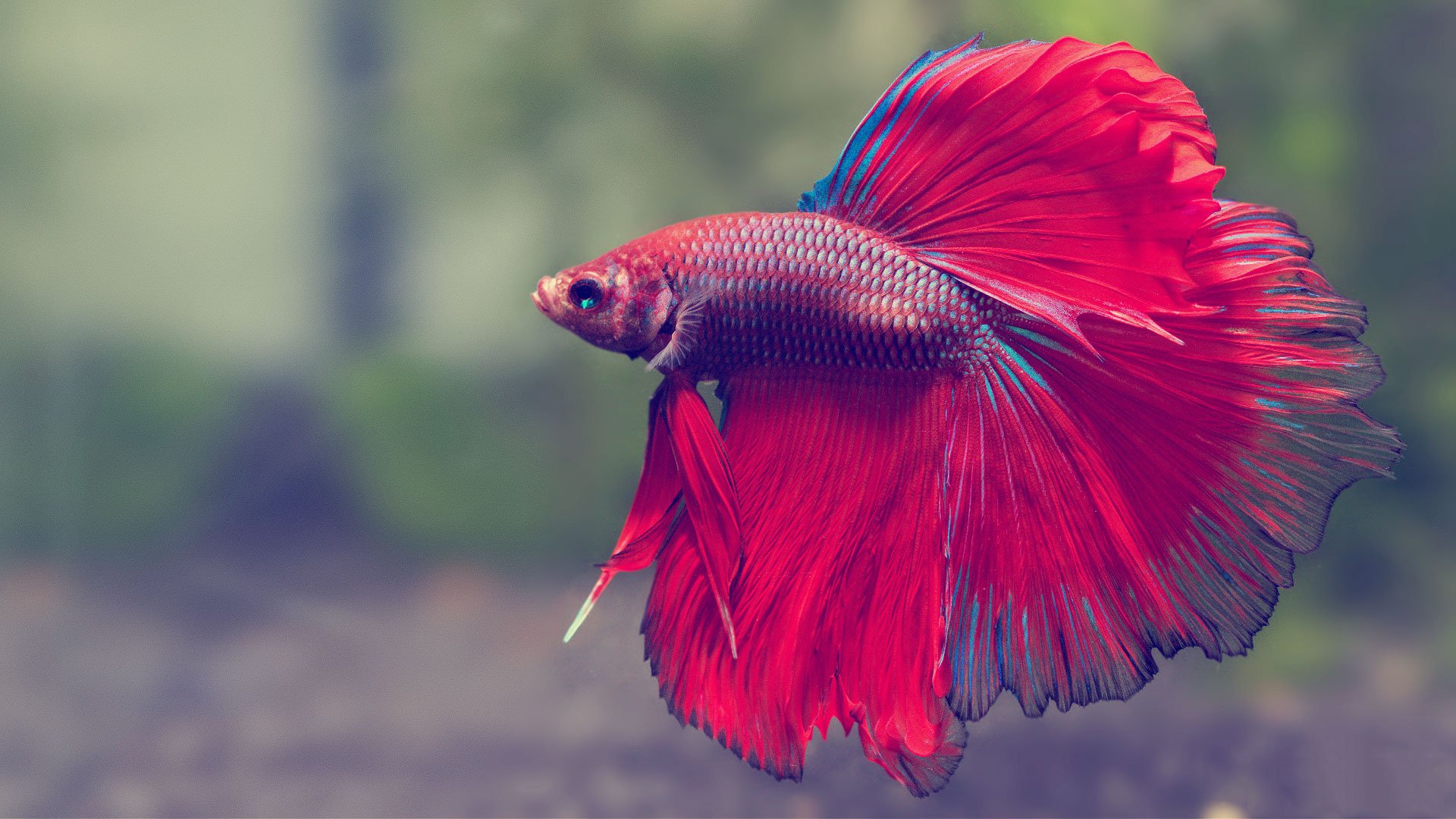Betta Fish Life-span: Just How to Ensure Your Betta Lives Longer
Betta Fish Life-span: Just How to Ensure Your Betta Lives Longer
Blog Article
The Ultimate Guide to Betta Fish Care: Essential Tips for Preserving a Healthy And Balanced and Successful Aquarium Setting
Effective Betta fish treatment necessitates a thorough understanding of their special environmental and physical requirements. Establishing an ideal fish tank begins with choosing the right tank dimension and ensuring optimal water problems, which are important for the wellness and health of your Betta.
Choosing the Right Container
Picking the appropriate container for your Betta fish is essential to ensuring its wellness and wellness. Bettas prosper in settings that mimic their all-natural habitats, which commonly are composed of tranquility, cozy waters. A tank size of at the very least five gallons is suggested to offer ample swimming space, as smaller storage tanks can cause tension and health and wellness concerns for these vivid fish.
When choosing a storage tank, consider the storage tank's form and filtration system. A rectangle-shaped container is better to a bowl, as it provides much more surface location for oxygen exchange. Furthermore, a reputable filtration system is important to preserve water quality and lessen the frequency of water changes (betta fish). It's important to pick a filter with a mild circulation, as Bettas are not solid swimmers and might have a hard time against strong currents.
Temperature guideline is one more key factor; Bettas favor water temperature levels between 76 ° F and 82 ° F. Spending in a great heater will certainly make sure that the water stays within this range, advertising a healthy and energetic way of life for your Betta. Finally, offering appropriate container decors and concealing spots will help in reducing tension and motivate natural behaviors, further enhancing your Betta's health.
Keeping Water Quality
Maintaining optimal water high quality is crucial for the wellness and durability of Betta fish. This needs regular surveillance of numerous criteria, consisting of temperature, pH, ammonia, nitrite, and nitrate levels. Bettas thrive in temperatures between 76 ° F and 82 ° F, so preserving a stable temperature is important. Unexpected variations can bring about anxiety and disease.
The pH level should preferably fall between 6.5 and 7.5. Regular testing utilizing a dependable water testing set can assist make certain these parameters remain within the proper arrays. Ammonia and nitrite degrees should always be at 0 ppm, as even low concentrations can be harmful to Betta fish. Nitrate levels ought to be kept under 20 ppm to protect against long-term wellness issues.
Regular water changes are vital to keeping water high quality. Furthermore, incorporating a durable filtering system can help in keeping water clearness and high quality, offering a healthier habitat for more information your Betta fish.
Perfect Feeding Practices
Giving a well balanced diet is crucial for the health and vivid pigmentation of Betta fish, as their nutritional needs play a significant duty in their general wellness. Betta fish are meat-eating by nature, requiring a diet plan high in protein. A combination of premium pellets, frozen or live foods such as bloodworms, salt water shrimp, and daphnia can supply the crucial nutrients they need.
Feed your Betta fish 2 to 3 times a day, providing just what they can take in within two to 3 minutes to stop overfeeding and keep water quality. Overfeeding can cause excessive weight and wellness problems, consisting of swim bladder condition. It is necessary to monitor their nutritional consumption and adjust part dimensions as necessary.
Along with protein, a well balanced diet ought to consist of nutrients to promote optimal health and wellness. Take into consideration supplementing their diet with top notch flakes or pellets especially formulated for Betta fish, as these typically consist of essential ingredients.

Developing an Ideal Environment

Water quality is paramount; keep a temperature in between 76 ° F and 82 ° F, and ensure the pH level varies from 6 - look at here now betta fish.5 to 7.5. Routine water adjustments of 25-50% per week will assist maintain contaminants at bay and guarantee a steady setting
Incorporating More about the author plants and hiding areas is essential, as Betta fish are naturally territorial and take pleasure in having locations to check out and pull away. Live or silk plants, together with caverns and ornaments, can develop a revitalizing atmosphere.

Normal Health And Wellness Checkups
Performing regular wellness appointments is important for ensuring the health of Betta fish, as early detection of prospective problems can avoid major health issue. These appointments need to incorporate a comprehensive examination of the fish's physical condition, behavior, and environmental factors.
Begin by observing the Betta fish for any indicators of distress, such as sleepiness, loss of cravings, or uncommon swimming patterns. In addition, check the fins and body for signs of staining, sores, or fin rot, which can indicate infections or parasites. Frequently keeping track of the water quality in the aquarium is similarly important; criteria such as pH, ammonia, nitrite, and nitrate levels must be maintained within optimum varieties to avoid stress and ailment.
Furthermore, think about preserving a log of health and wellness monitorings and water quality examinations. Prompt intervention can make a substantial distinction in the recuperation of your Betta fish, ensuring a long and healthy and balanced life in a well-maintained fish tank atmosphere.
Final Thought
In conclusion, effective Betta fish care pivots on creating and keeping an optimal fish tank atmosphere. By following these standards, aquarists can promote the health and vibrancy of Betta fish, ultimately resulting in a thriving marine environment.
Report this page